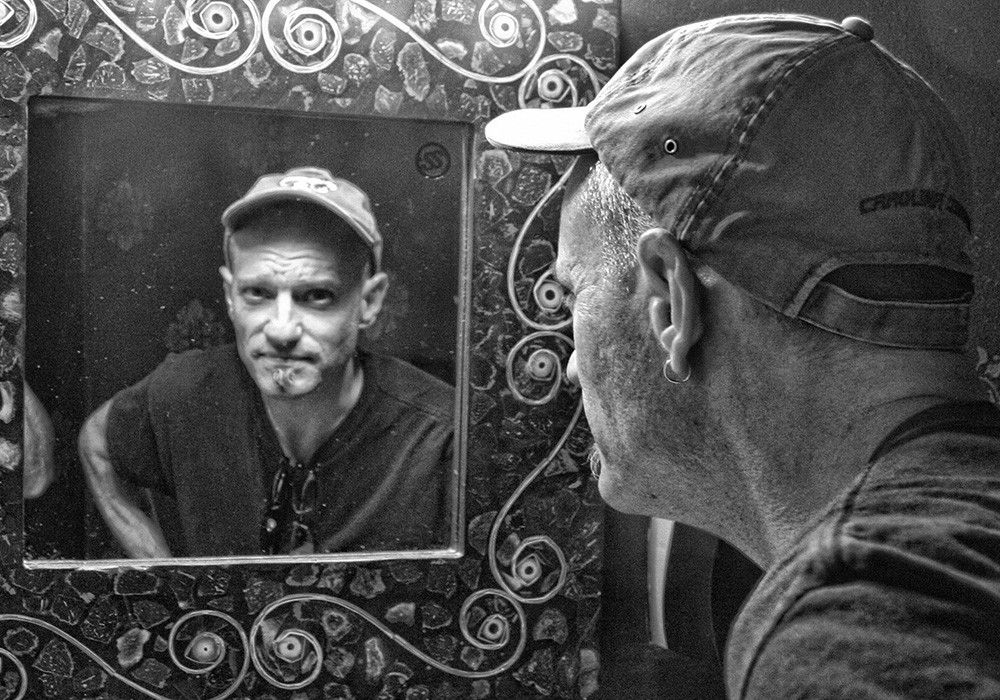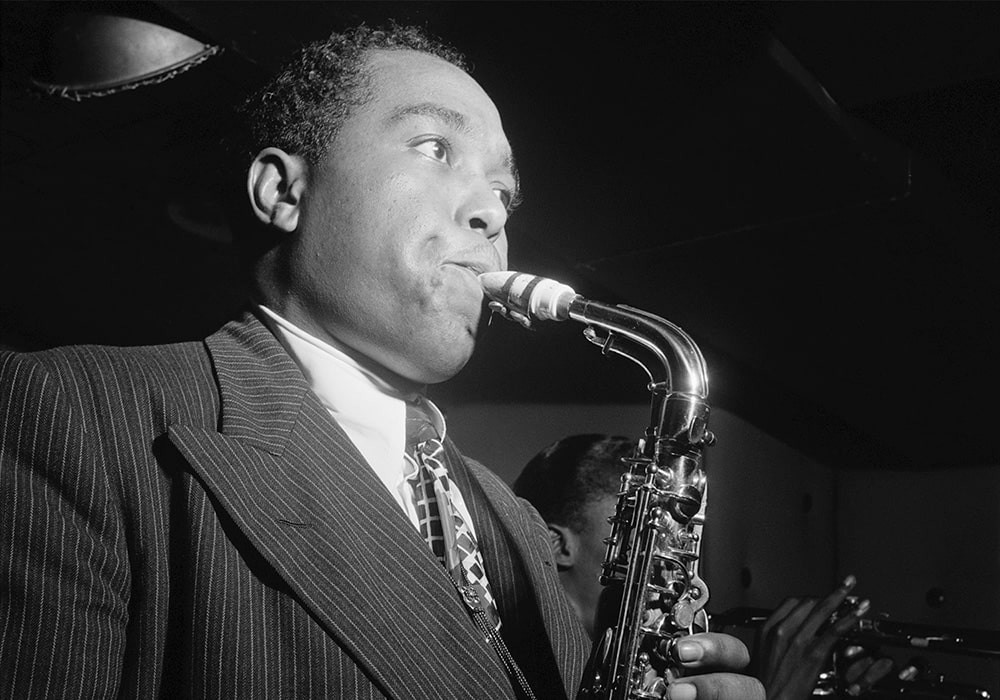When we first interviewed Steven Wilson in 2009 for issue #73, he had just released his first solo album, Insurgentes. Since then, his prog rock group Porcupine Tree has been on hold/hiatus, and his fifth solo release, The Future Bites, came out this year – a sometimes harrowing look at consumer culture bolstered by the electronic-leaning production of Steven and David Kosten (also known as Faultline). Steven is also well known for his remixes of classic albums by the likes of Jethro Tull, Tears for Fears, King Crimson, XTC, Yes, and many others. Needless to say, I was excited to spend time discussing the art of making records with one of my favorite musicians.
When did you start working on The Future Bites?
I’m always writing. Even around the time the last album, To the Bone, came out, I was already thinking about ideas for the next record, and some basic demos probably came almost immediately after that. I want every album to feel like it’s something different than everything that’s come before it. Every record, in some sense, is a natural progression from whatever it is I’ve just done. When I finished To the Bone, I was thinking, “Okay, what am I going to do next?” I wanted to do something more contemporary-sounding, perhaps positioned more in the world of electronic music, which I’ve always been a fan of. I developed a few demos early on, which were all over the place stylistically. The definition that began to establish itself was definitely the one you hear on The Future Bites, which is less guitar-oriented. I really wanted to explore themes to do with self-identity in the age of social media and consumerism.
Definitely.
I did most of the writing around about the middle of 2018. At the time, we were right in the middle of the Trump administration, we had Brexit going on in the U.K., and, for the first time in my life, I didn’t feel the future was a particularly optimistic place. I’d always looked forward to the future in the past, but this was the first time in my life I was genuinely worried about the future. That was where the whole idea of The Future Bites came from. I’ve began to feel slightly more optimistic about the world, for obvious reasons, but also because we have the vaccination now in the U.K. Regarding the album, certain songs began to establish themselves as the frontrunners. I always write a lot more music than I need. I had 25 songs written for this album, and only nine are on the record.
I’ve assumed that with the way you work, and the number of projects you’ve been involved with over the years, that writing would be something that’s always going on. But it has to be focused down to whatever album you’re currently working on, right?
Pretty much. I’ve already written two songs for my next record. That’s also partly because there’s been such a big delay. The album was ready to go in January 2020, and it’s finally out a year later. That’s been frustrating, but it’s also given me the opportunity to be creative again, and I’m already thinking about my next record. Part of me feels it’s such a privilege to be able to do what I do. To be a professional musician in the 21st century, I don’t underestimate what a privilege and honor it is to be able to do that. And to do that in a pretty selfish way. I don’t make anything you would say is “mainstream.” While this album has got some accessible songs on it, most of my career has been conducted outside of the mainstream. I’ve never compromised. I’m very fortunate to be able to get to do what I do.
That’s probably part of the longevity. The building of a fanbase that’s not looking for a temporal pop hit.
I think so, yeah. One of the things I’ve always strived to do is to be able to be an artist who can say they don’t belong to a particular genre. They create their own musical world. I know there are some people who think I’m “Mr. Prog Rock” or “Mr. Prog Metal,” and some people are going to be disappointed when they hear a record like The Future Bites, because it’s not that. But I’ve never said that’s what I did. I always thought of myself as more in the tradition of someone – I’m flattering myself by mentioning these names, but only in the sense of the way they’ve conducted their career – your David Bowies, your Frank Zappas, your Peter Gabriels, and your Neil Youngs. The kind of people who you can’t categorize as being anything in particular. They create their own musical universes. In my own small way, that’s what I’m striving to do.
I think that’s very...
The rest of this article is only available with a Basic or Premium subscription, or by purchasing back issue #143. For an upcoming year's free subscription, and our current issue on PDF...
Or Learn More











